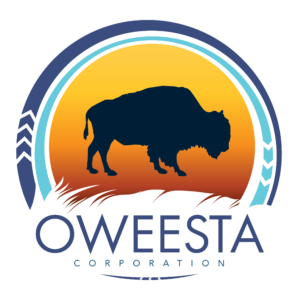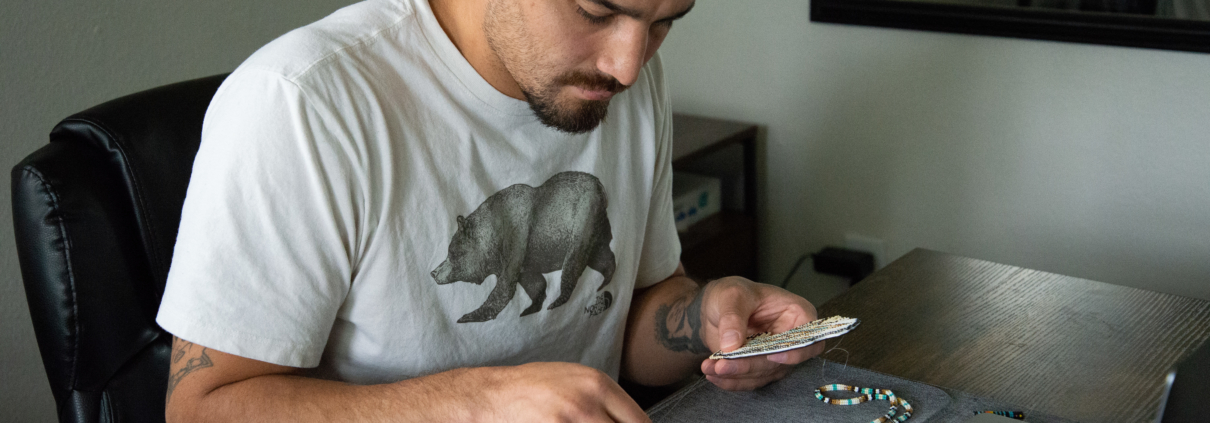Turning Beads into a Business in Rapid City
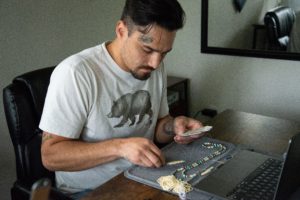
Beau, a beadwork artist based in Rapid City, South Dakota, was one of the 20 artists selected for the program “Pivoting in a Pandemic.” Photo Courtesy of Black Hills Community Loan Fund
When Black Hills Community Loan Fund opened applications for their new program “Pivoting in a Pandemic,” they received 200 applications within three days for only twenty openings.
Beau, a beadwork artist based in Rapid City, South Dakota, landed one of the coveted spots that would help him “pivot” his fledgling beading business to e-commerce. Beau was born in Rapid City and grew up on the Pine Ridge Indian Reservation, where he learned beading techniques from local artists and mentors. It was while in prison that he focused on honing his craft as a form of expression, identity, and cultural history.
The Native art business is robust; it is also decentralized, informal, and self-reliant. A survey by Native Women Lead in March 2020 found that only 50% of “solo-preneurs” were legally structured and 70% of respondents shared their business were their sole source of income. Like many Native “solo-preneurs” who operate out of their own homes, Beau relied on in-person events including pow wows, art shows, and craft fairs to sell his handicrafts. When the Covid-19 pandemic halted in-person gatherings and events, many artists lost their livelihoods without having any contingency plans or alternative routes for selling, and, in most cases, without having any emergency funds.
The team at Black Hills Community Loan Fund (BHCLF), a Native CDFI based in Rapid City, South Dakota, launched their pilot program “Pivoting in a Pandemic” in direct response to the isolation and inefficient financial support artists faced. The program was designed to support small-scale entrepreneurs legitimize their businesses. Even more significantly, artists learned how to take their art to the digital market.
“Pivoting in a Pandemic” was kickstarted by a $25,000 award BHLCF received for winning the 2020 Native CDFI Seed Award, an award program jointly supported by Opportunity Finance Network, Wells Fargo, and Oweesta.
Beau entered the “Pivoting in a Pandemic” program with very little experience managing finances. He had a checking and savings account and even established an LLC for his business, but still felt unprepared to speak to a banker about financing opportunities. He was sure he would be denied.
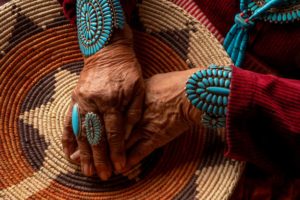
85% of certified trainers of the Building Native
Communities curriculum rated the need for
financial education in their community as
“Extremely Necessary” or “Very Necessary.”
Source: 2020 Native Financial Practitioners Survey Results,
Oweesta Corporation
Under the guidance of BHCLF, Beau and nineteen other Lakota, Dakota, and Nakota artists across the Great Plains area of Montana, South Dakota, North Dakota, Wyoming, and Nebraska spent twenty-four weeks participating in an Indianpreneurship class. This introductory course covered the basics of traditional business money management such as cash flow, balance sheets, and profits and loss, but with a lens on Native culture.
“In a colonized world where we must use this country’s currency, having something of our own is very important. We need a way to compare currency to what we once had, and how to maintain our cultural relevancy in business,” said Shannon Ahhaitty, Operations Manager and Business Development Specialist at BHCLF.
“For most of the artists, this was their first experience building a business plan and the first time with financial spreadsheets,” added Ahhaitty. Financial education is a crucial component of BHCLF’s business model; loan clients are more successful when they have a solid foundation.
After successfully completing BHLCF’s program, Beau has entered their micro-lending program to help get his beading supply store off the ground. “It has been a joy watching him turn all the lessons from class into a reality,” expressed Ahhaitty.
(This story was originally featured in Oweesta’s 2021 Annual Report.)
